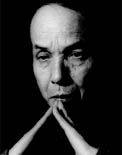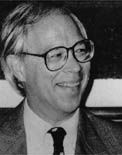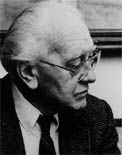1994 – Stephen L. Carter
A law professor whose book asks hard questions about how separation of church and state often dismisses the importance of religious beliefs has earned the 1994 award. Yale University professor Stephen L. Carter, renowned for his study of constitutional law, won the award for his 1993 book The Culture of Disbelief: How American Law and […]








